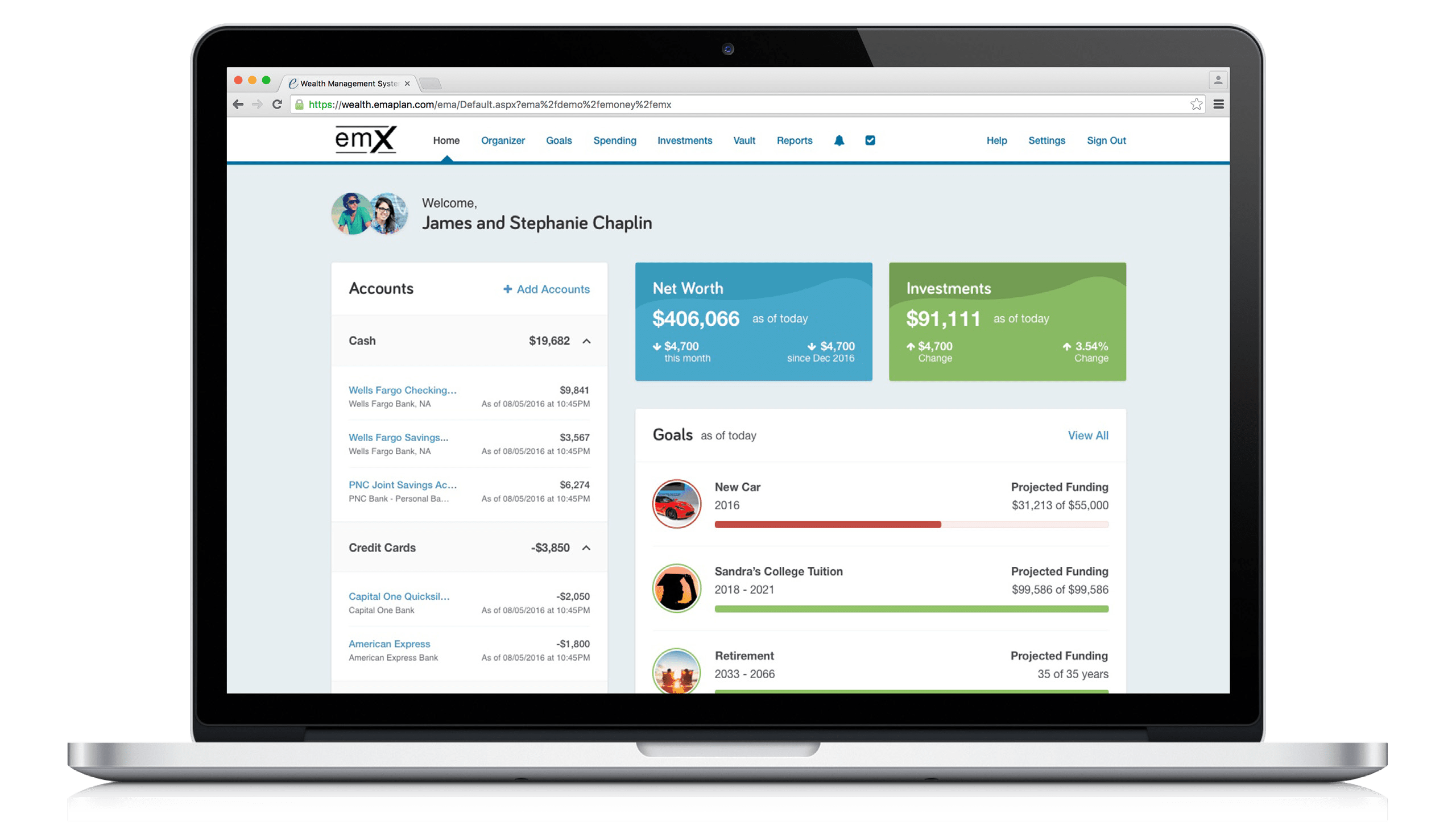While war escalates in the Middle East, a political battle is also heating up in Washington. As of this writing, there is still no House speaker in Congress after Kevin McCarthy’s exit and Steve Scalise’s withdrawal. While a number of Republican and House votes are scheduled to attempt to resolve this leadership vacuum, there are more political hurdles on the horizon. This only complicates the market and economic environment for investors who are already navigating higher interest rates, Fed uncertainty, stock market volatility, and more.
When it comes to financial decision making and investing, however, it’s important to separate political matters from financial ones, especially in the short term. While Washington politics does affect our personal and professional lives, and legislation can impact specific industries and companies over time, political actions and party affiliations don’t always impact the stock market the way we might expect.
Interest payments on the federal debt are expected to rise past historic peaks

That said, investors should be aware that news headlines over the ongoing battles in Washington are likely to increase market uncertainty and heighten concerns. First, the government needs to agree on a new budget soon. Each year, Congress needs to pass a new spending plan to be signed into law by September 30 when the government’s fiscal year ends. This year, Republicans and Democrats were only able to settle on a 45-day funding bill, effectively kicking the can down the road. This means that the clock is ticking and, without leadership and agreement in the House, the odds of hitting a mid-November deadline are anything but certain.
Perhaps more importantly, a debt ceiling suspension deal was reached earlier this year, but this also only kicked the can down the road to January 2025. While it’s important to establish a budget to maintain government services, not managing the debt ceiling is far worse. While the US has never defaulted on its debt obligations, Washington has increasingly allowed these negotiations to come down to the wire. So, while a default on Treasury securities is still not a likely scenario, most economists agree that allowing this to happen would have untold effects across all parts of the market and economy.
In addition, the size of the national debt has become a significant concern, not just among investors but for everyday citizens. The debt is now greater than the previous debt ceiling level of $31.4 trillion, or 119% of gross domestic product (GDP). This is a complex topic with no easy answers. It involves political preferences over spending and taxation, the size of entitlement programs such as Social Security, Medicare and Medicaid, emergency spending programs such as those put in place during the pandemic, and more. One nuance is that a more accurate measure of the size of the national debt is to exclude what the government owes itself. Even this measure, referred to as “net debt” has reached 94% of GDP.
The size of the federal debt continues to worry many investors

Perhaps the more tangible concern for many is not just the size of the national debt itself but the rising level of interest payments. This is not just due to accumulated debt; it is a result of interest rates rising to levels not seen since 2007. The first chart above shows that the dollar amount of interest payments has increased in recent years to $476 billion in 2022, the highest in history. As a percentage of GDP, interest payments are still lower than they were in the 1980s and 1990s, when interest rates were much higher. However, this chart also highlights the Congressional Budget Office’s independent and nonpartisan research, which shows that, barring changes in how we manage our finances at the national level, interest on the national debt could balloon above $1.4 trillion, or 3.7% of GDP, in ten years.
There are no simple solutions to this issue, and fiscal discipline has not been a priority in Washington for some time. That said, prior projections for the national debt and interest payments have not always been accurate, especially in periods when the economy experienced strong growth. Despite the growing debt level, the stock market has also performed well throughout many of these periods. With the benefit of hindsight, making portfolio decisions in response to news on the national debt would have caused investors to miss the entire bull market beginning in 2009, the strong rally in mid-2020, and more.
The market can perform regardless of Washington leadership

Finally, the 2024 presidential race will also heat up in the coming months. Again, while elections matter as citizens, voters and taxpayers, the investment story may not be as clear cut. As the chart above shows, the stock market and economy have grown under all types of leadership in the White House and Congress and trying to “time the market” around short-term political events usually causes more harm than good.
What does drive markets over the long term are economic fundamentals, including innovation, productivity, and individual company performance. Yet such underlying forces seldom make day-to-day news headlines. If you have questions regarding your own portfolio, let your Griffin Black Wealth Advisor know and we’ll be happy to delve into the specifics with you.




1 thought on “What Washington Politics and the National Debt Mean for Long-Term Investors”
Thank you for the perspective Jane!